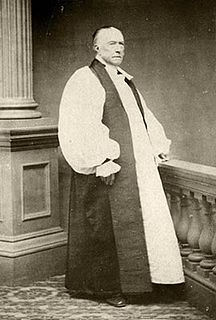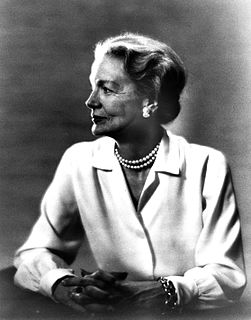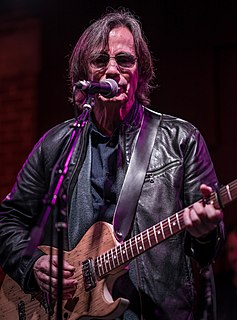A Quote by Thomas Carlyle
Nakedness, hunger, distress of all kinds, death itself have been cheerfully suffered, when the heart was right. It is the feeling of injustice that is insupportable to all men.
Related Quotes
We have suffered unnumbered ills and crimes in the name of the Law of the Land. Our men, women, and children have suffered not only the basic brutality of stoop labor, and the most obvious injustices of the system; they have also suffered the desperation of knowing that the system caters to the greed of callous men and not to our needs. Now we will suffer for the purpose of ending the poverty, the misery, and the injustice, with the hope that our children will not be exploited as we have been. They have imposed hungers on us, and now we hunger for justice.
I remember my youth and the feeling that will never come back any more /the feeling that I could last for ever, outlast the sea, the earth, and all men; the deceitful feeling that lures us on to joys, to perils, to love, to vain effort /to death; the triumphant conviction of strength, the heat of life in the handful of dust, the glow in the heart that with every year grows dim, grows cold, grows small, and expires /and expires, too soon, too soon /before life itself
God has identified himself with the hungry, the sick, the naked, the homeless; hunger not only for bread, but for love, for care, to be somebody to someone; nakedness, not for clothing only, but nakedness of that compassion that very few people give to the unknown; homelessness, not only just for a shelter made from stone but for that homelessness that comes from having no one to call your own.
When I say that all men have the mind which cannot bear to see the suffering of others, my meaning is illustrated this way: when two men suddenly see a child about to fall into a well, they all have a feeling of alarm and distress, not to gain friendship with the child's parents, nor to seek the praise of their neighbors and friends. From such a case, we see that a man without the feeling of commiseration is not a man. The feeling of commiseration is the beginning of humanity.
Beth could not reason upon or explain the faith that gave her courage and patience to give up life, and cheerfully wait for death. Like a confiding child, she asked no questions, but left everything to God and nature, Father and Mother of us all, feeling sure that they, and they only, could teach and strengthen heart and spirit for this life and the life to come.







































